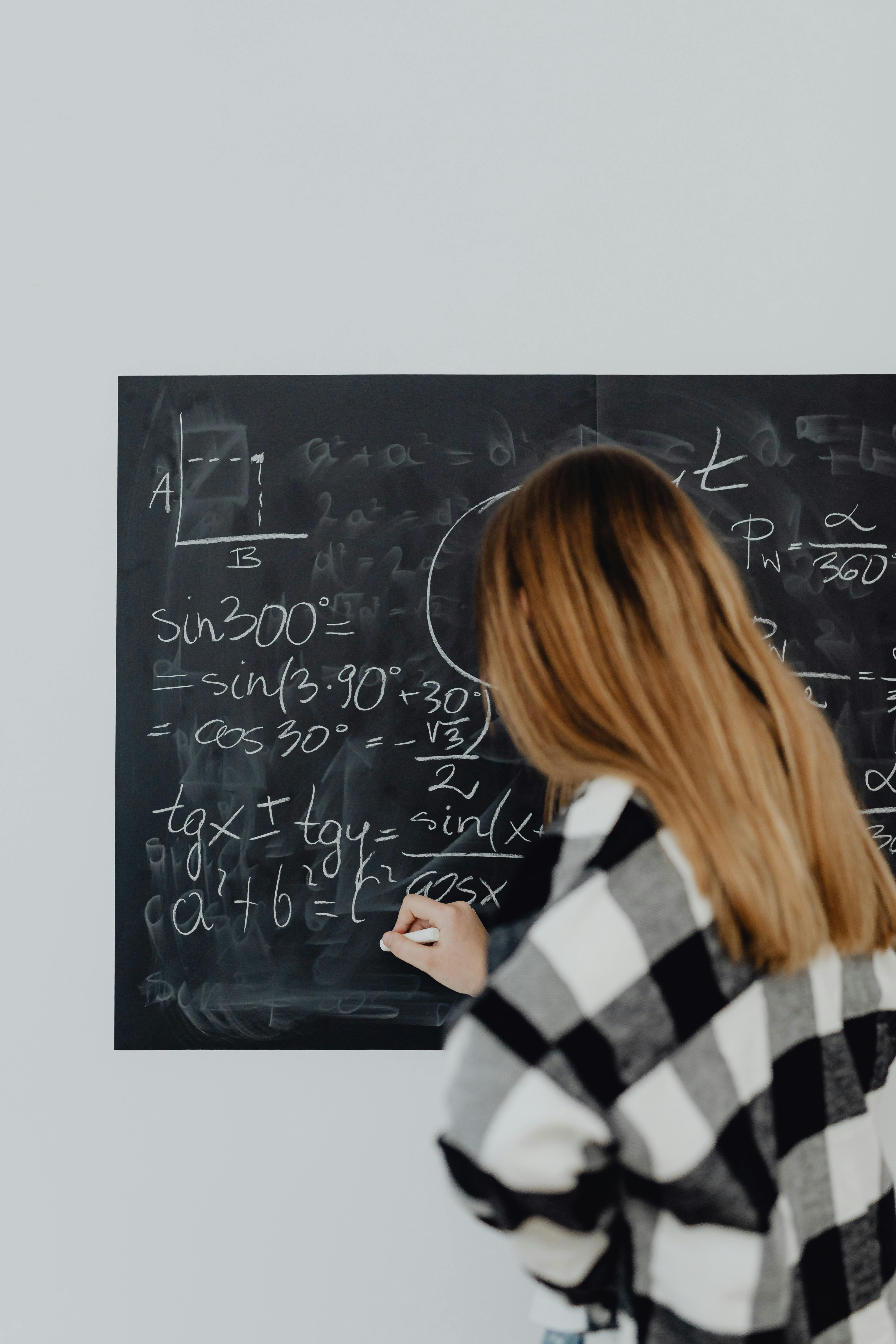This information is from the official website: https://www.bpho.org.uk/bpho/JPC.html
Please see some sample questions here: Sample Questions
Registering your school: (This is for use by teachers only.) Teachers need to register for the Competitions Platform by going to Teacher registration
When to take the test: The Junior Physics Challenge will take place between Friday 25th April - Friday 16th May 2025. The competition consists of two, 25-minute online tests, each of 30 questions, that can be sat continuously or on two separate occasions. The two sections are taken in school under staff-supervised conditions at any time convenient during the competition dates. A desktop or laptop is needed for this exam. iPads can be used but the system is not optimised for small or touch screens. Calculators, pens and paper should be available.
Prizes: Schools will be able to conduct the Junior Physics Challenge in whatever way best suits their pupils, ensuring that they enjoy participating and have a reasonable expectation of recognition for their achievements. Schools will be encouraged to award their own prizes and to make use of certificates provided for them.
Further details: The Junior Physics Challenge competition is designed to engage and challenge students of all abilities by offering them a range of problems to solve. Although most of the questions are based around the current GCSE curriculum, students will be able to gain more marks if they have a general knowledge in physics as well as taking a keen interest in practical work in lessons. The key aim is that students enjoy taking part and are encouraged to do more physics. They do not need to cover technical topics outside the syllabus, but they might be shown some pictures of famous physicists and asked to identify one (Hawking, Galileo or Newton for example). Some general knowledge and everyday interest in physics would be an advantage. The purpose is to be fun for the student and to be inclusive rather than discriminating between very able candidates.
Sitting the Competition

This course guides you through the fundamentals of Python programming using an interactive Python library known as Turtle.

This course encompasses a range of Geometry topics such as coordinate and spatial geometry, introductory trigonometry, angles, parallel lines, congruent and similar triangles, polygons, circles, the Pythagorean Theorem, and more. Emphasis will be placed on reinforcing Algebra skills and enhancing critical thinking through problem-solving in both mathematical and real-world contexts.

Ask about our courses and offerings, and we will help you choose what works best for you.